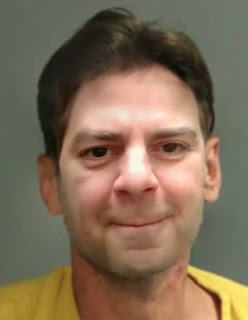Week 15 EOTO- Are Whistleblowers Actually Protected?
Week 15 EOTO
Are Whistleblowers Actually Protected?
In a time when people are loosing confidence in the government, the public relies on whistleblowers with good will to keep individuals in check. Whistleblowers are a key component of the United States Government and can even be seen as a major piece of the system of Checks and Balances. Without these people, members of the government would be able to use their power with little accountability. However, why is it that whistleblowers often are scared to come forward at first? Is it fear of retaliation? Fear of public scrutiny? How could these play a role in what is supposed to be an anonymous complaint?
A whistleblower is defined by the Merriam-Webster Dictionary as “one who reveals something covert or who informs against another especially : an employee who brings wrongdoing by an employer or by other employees to the attention of a government or law enforcement agency”. In government, these individuals receive protection under The Whistleblower Protection Act of 1989. This act was designed to “strengthen and improve protection for the rights of Federal employees, to prevent reprisals, and to help eliminate wrongdoing within the Government”.
While this act may seem to allow for accountability, it also causes many issues. In the United States, people with a claim against them have the right to confront their accuser. However, whistleblowers have the option to make their report anonymously. This protection allows whistleblowers to come forward without fear of retaliation. Yet anonymous isn't always true. Most recently, in President Donald Trump's Impeachment Hearing, republican representatives leaked the name of the whistleblower, starting with Senator Rand Paul. By releasing the name, the whistleblower became endangered, receiving death threats.
Whistleblowers have sadly turned into a partisan issue. If a whistleblower makes a claim against a republican, republicans attempt to discredit the individual and vice versa. These attacks undermine the very protections which whistleblowers were given and causes the accountability of government officials to decrease. Now, whistleblowers may be too scared to come forward and make claims not just out of fear of retaliation, but out of fear for their life. This results in issues for younger generations surrounding accountability and may cause the government to over reach in years to come.
Yet on the contrary, whistleblowers can use protections to make false allegations in an attempt to undermine the very democratic process this country is founded on. Should a whistleblower have a personal vendetta against someone, they can use the protections which they are afforded to protect themself from retaliation as it becomes a he said she said claim. Overall, the theory of The Whistleblower Protection Act of 1989 is one which was good, but the lack of responsibility which representatives with access to claims have, as well as whistleblowers themselves, is something which may have generational affects for decades to come.



Comments
Post a Comment